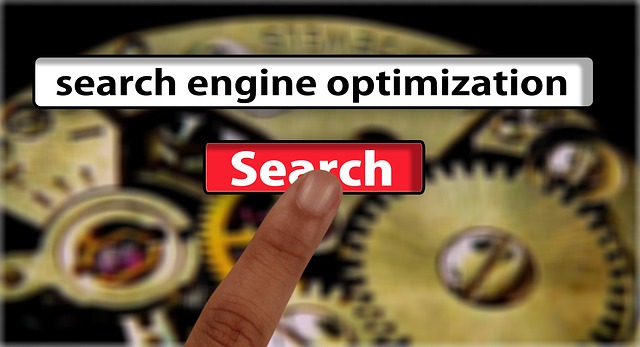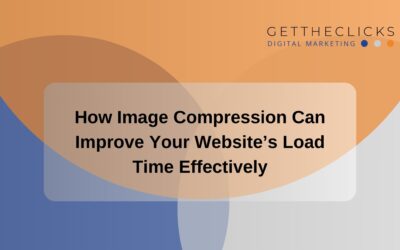Google’s Ranking Factors in 2016:
We have said time and time again that Google’s algorithm is always changing. Therefore the recipe for a successful SEO campaign is constantly changing. The following are a few tactics we have found to be effective for SEO in 2016.
- Using a domain with your target keyword in it
Being that keywords are still bolded when placed in a domain name, this is a telltale sign that Google is taking it into consideration when feeding you results. Having a keyword as the first word in the domain gives an advantage over those who do not. Google has made claims that this is no longer a ranking factor, but the facts don’t lie. This being said, it is a short term strategy to choose a partial match or exact match domain. We always suggest taking the branded approach. Having a branded domain name will never be penalized by Google.
- Domain age
To track legitimacy, Google looks at your domain registration length. The longer the domain is registered, the more legitimate the domain looks. If a domain expires in less than a year, this shows signs of illegitimacy, or at the very least someone who isn’t serious about their business.
If a domain shows multiple instances of change in ownership, this can signal to Google to have the history wiped or reset, removing all links that were once pointing to the site.
- Domain privacy
You can usually find domain ownership information on whois.com, if the information is private this is a signal that there may be something the site is trying to hide which is not something Google likes. Google wants to see a transparent business with nothing to hide.
- On page factors
Looking at the website as a whole is definitely a larger part of the job, but there are page-level factors one must consider as well. For example, having a keyword in the title tag is the second most important piece of information to the actual content on the page, sending a strong SEO on-page signal. Having the keyword in the beginning of the title tag also shows more results than one that has it in the middle or end. Google wants to know that your web page is relevant to whatever keyword you’re targeting. Placing keywords in strategic places such as title and H tags will help.
- Relevant, quality, user-friendly content
Content is a huge part of SEO. Studies have shown that having more content is preferred to less content. Google wants to know you are more knowledgeable about a subject than the next guy, and content is a great way of proving that. Keyword density is the percentage of times the keyword appears in content compared to other words. It is important to have the keyword appear frequently, but too often can hurt you. You want your web page to be relevant to the keyword you are targeting, but should still read naturally and with the end user in mind. Google doesn’t like when people try to cheat the system, so having a page filled with the keyword will signal to Google that you are trying to cheat and therefore can hurt your efforts, rather than help.
- Off page signals
Link building will always be one of the biggest ranking factors in Google’s algorithm. While it used to be that you could send 1,000 spammy links at a website and they would shoot to the top of the SERP, times have changes. Google now puts more value in websites who have links from quality sources. Quality over quantity. Think of backlinks as your websites friends. Would you rather have 1000 friends who you can’t trust, or one or two friends who you would trust with your life?
Stephan Boehringer is the CEO of Get The Clicks, a web marketing company. Stephan has over 20 years of experience in the field of web marketing, and has been a speaker and consultant for many years. Stephan is passionate about web marketing and helping their clients be the best they can be.
Stephan Boehringer graduated from the University of Florida with a Bachelor of Science in Business, Management, Marketing, and Related Support Services.



